Building on the success of the Greenspace Perceptions Campaign, which gathered over 1,500 citizen contributions on comfort in urban parks, phase two of the Heat Stress Campaign introduced a new layer: measurement. In 2025, small mobile TRH sensors, which record temperature and humidity, were used in several green spaces across Cascais, Portugal.
By combining these objective readings with citizens’ perceptions of thermal comfort, Cascais is implementing a hybrid model of citizen science. This ensures that both lived experience and scientific evidence are considered side by side, producing stronger foundations for action.
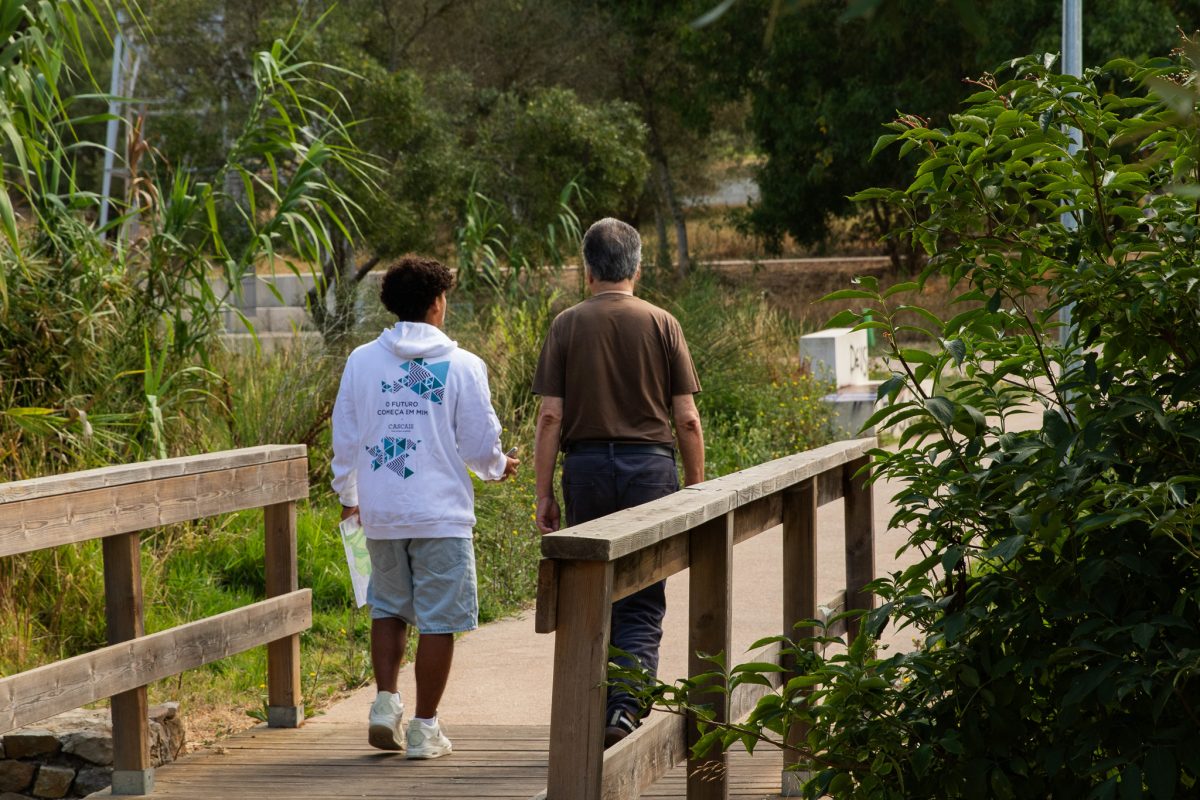
Citizens and technology working together
Phase two was implemented in seven parks across Cascais, from the leafy Parque Urbano da Quinta da Carreira to the more exposed Bosque das Fontainhas and Parque Urbano da Abóboda. These sites were selected to reflect the city’s diversity in vegetation cover, urban density, and user profiles, providing a broad picture of how heat stress is felt in different contexts.
Young volunteers from Cascais Jovem played a central role. They guided participants through the routes, supported the use of sensors, and helped collect real-time data. This collaboration not only made the process more engaging but also broadened citizen participation and increased the representativeness of the results.
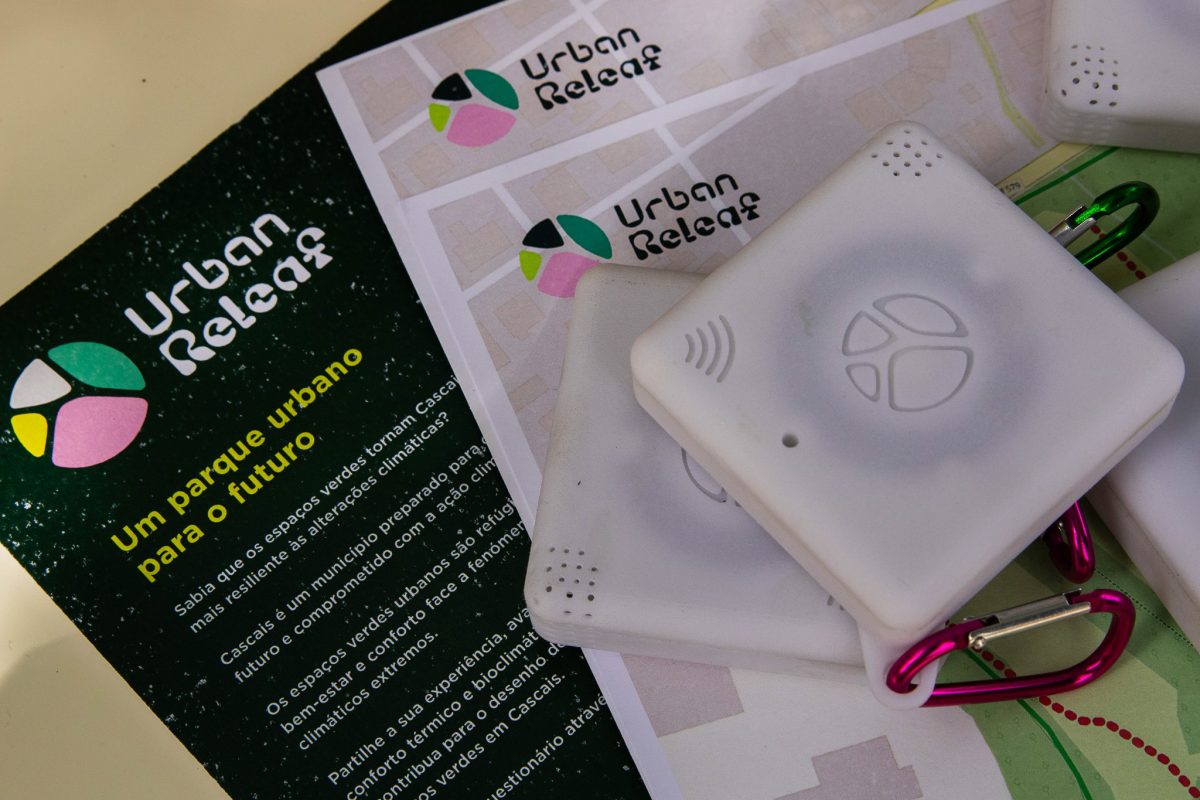
Key Findings
The results highlight the added value of combining perception data with environmental measurements:
- Parks with dense vegetation and shade, such as Parque Urbano da Quinta da Carreira, offered the best comfort levels, even in peak heat.
- More exposed spaces, like Parque Urbano da Abóboda and Bosque das Fontainhas, recorded higher temperatures and lower comfort, making them priority areas for intervention.
- Bringing together citizen perspectives and sensor data gives decision-makers more confidence and ensures that community voices remain central to climate adaptation strategies.
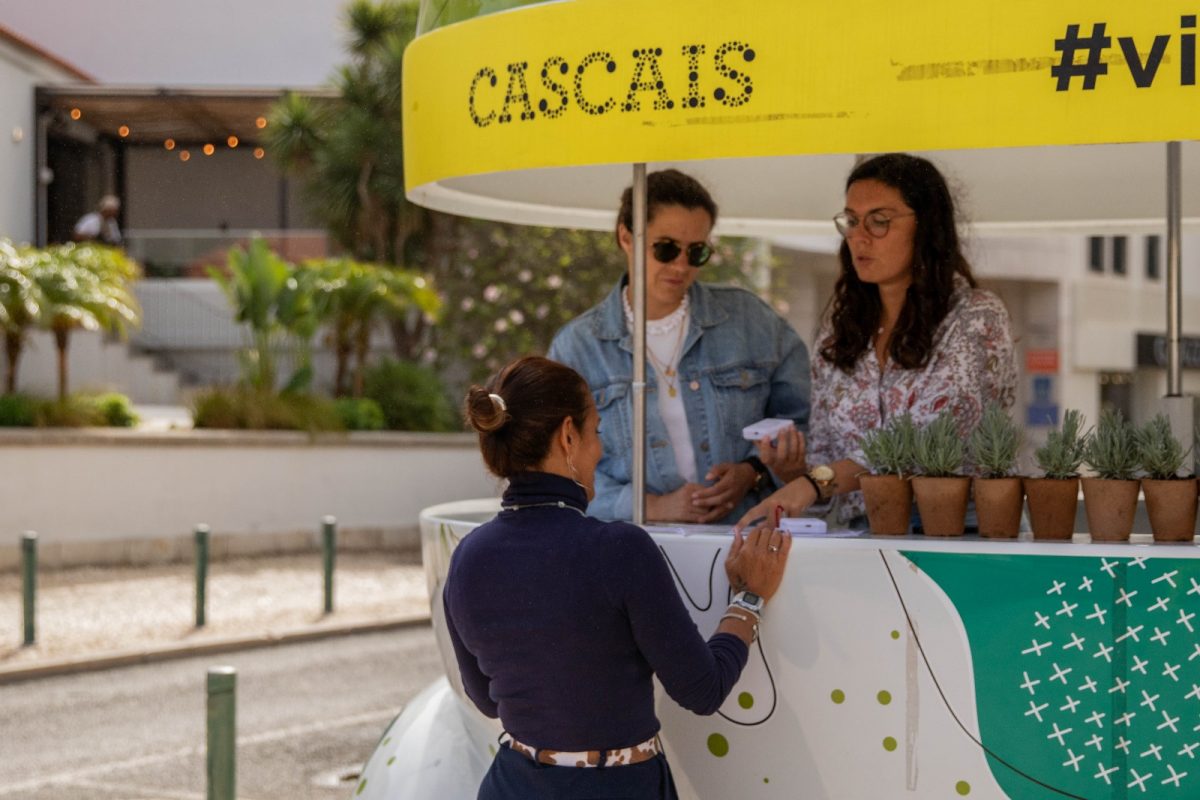
Turning Data Into Action
Phase two is about more than expanding the dataset. It empowers citizens, raises awareness of the risks of extreme heat, and strengthens shared responsibility for climate action. Already, the results are feeding into:
- Updates to the Green Spaces and Tree Protection Regulation
- Local investment priorities for tree planting, shading, and park redesign
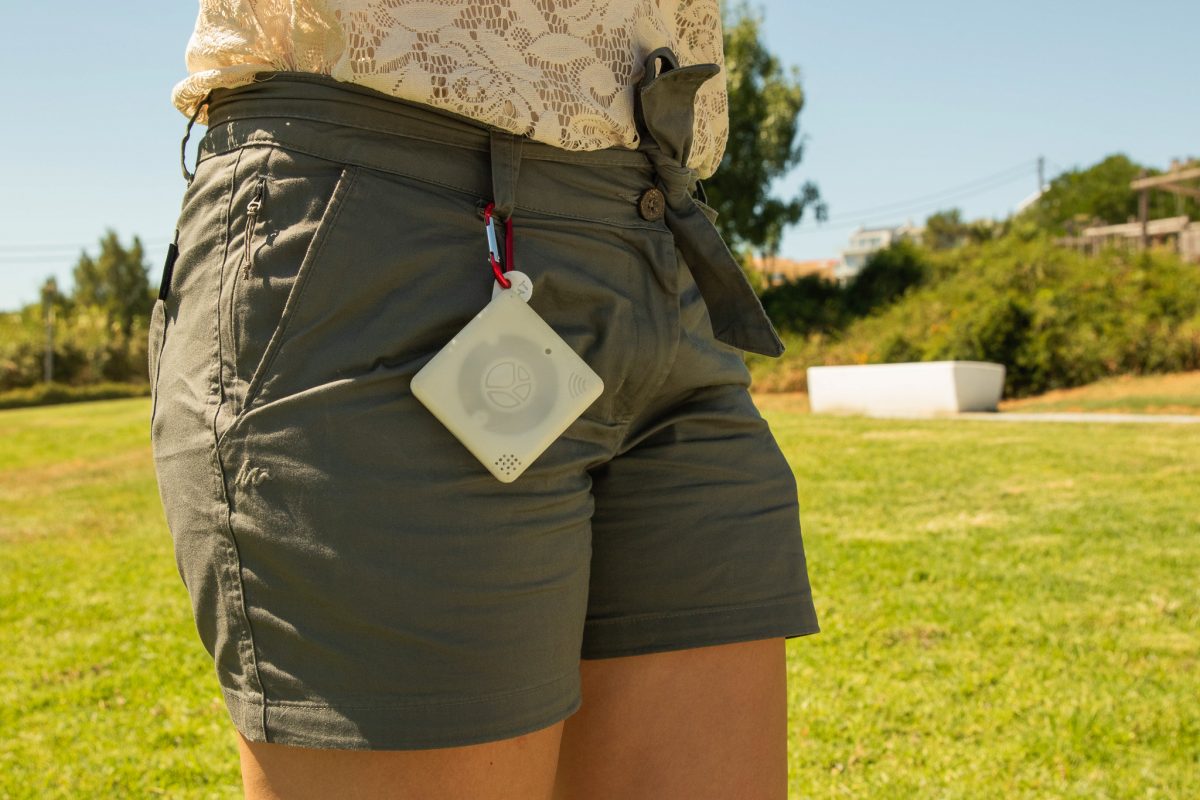
Looking ahead
The next phase, running through 2025 and 2026, aims to build a detailed thermal comfort map of Cascais. This will provide a practical tool for shaping smarter, fairer, and more sustainable urban planning.
Buy progressing in stages, from perceptions to measurement and soon to mapping, Cascais is transforming citizen science into concrete action. This approach is helping the city become healthier and more resilient in the face of climate change.
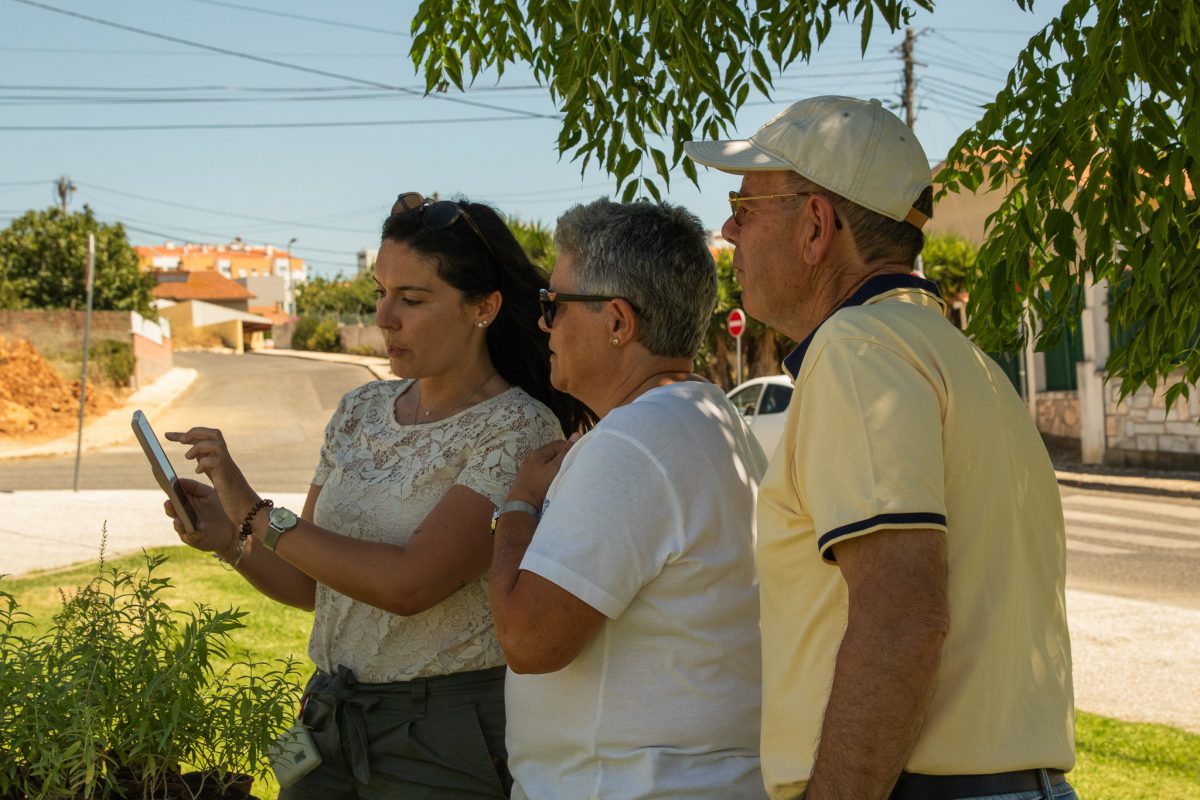
Get involved
To find out more, or to get involved with this project please email: clima@cascaisambiente.pt
